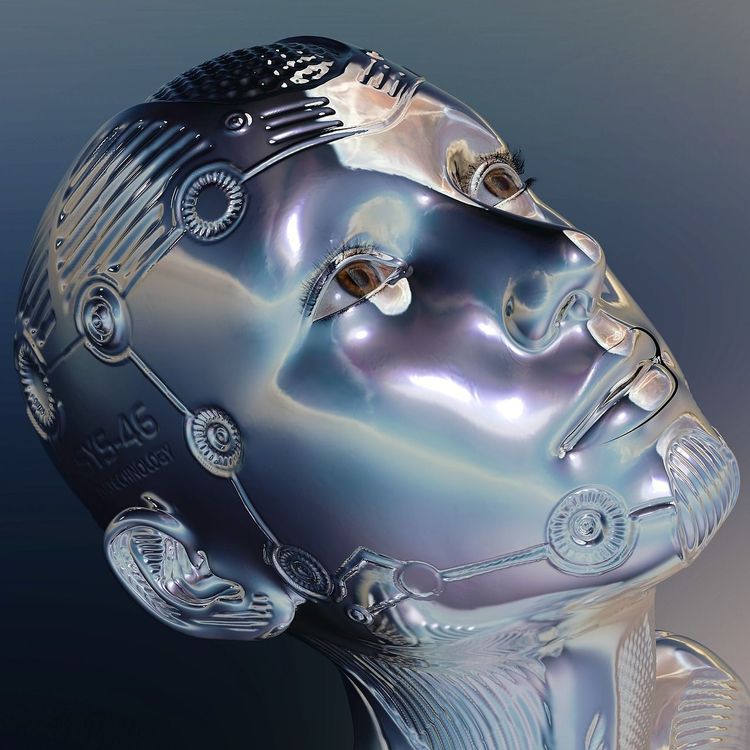ChatGPT: Why Its Jokes Lack Humor and Originality
Most people like

Unlock the power of AI essay writing with authentic citations. Enhance your academic work by utilizing advanced AI tools designed to generate high-quality essays supported by credible sources. Elevate your writing while saving time and ensuring accuracy with reliable citations at your fingertips.

Bridge skill gaps and propel workforce transformation using Skillsoft's AI-powered learning platform. Experience a dynamic approach to employee development that leverages cutting-edge technology for impactful results.

In today's rapidly evolving work environment, fostering employee engagement is crucial for organizational success. An AI-powered employee engagement platform leverages advanced technology to enhance motivation, collaboration, and overall productivity within teams. By utilizing data-driven insights and personalized strategies, this innovative solution empowers businesses to create a more connected and motivated workforce, ultimately driving performance and retention. Explore how an AI-focused approach can transform your organization’s engagement strategies and lead to a thriving workplace culture.
Find AI tools in YBX



